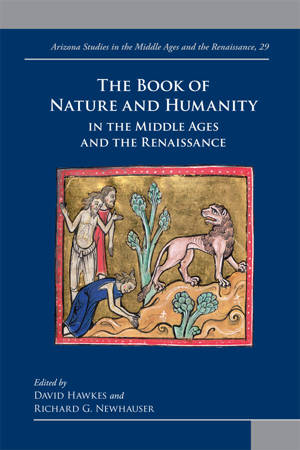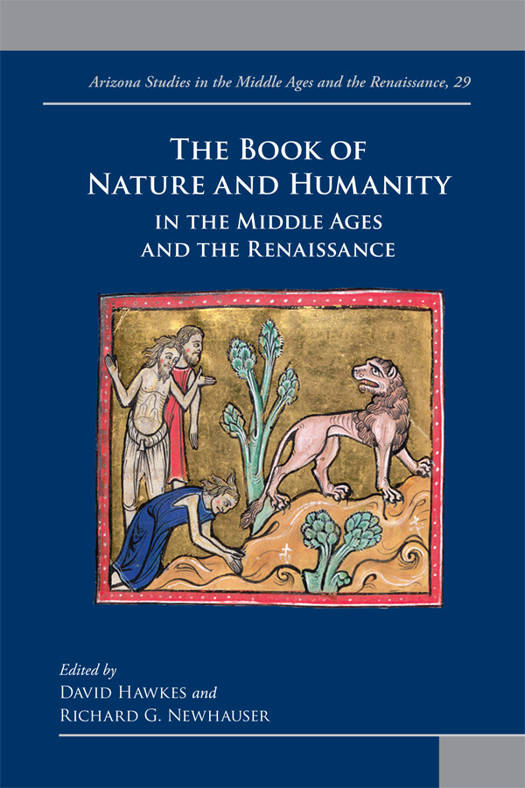
- Afhalen na 1 uur in een winkel met voorraad
- Gratis thuislevering in België vanaf € 30
- Ruim aanbod met 7 miljoen producten
- Afhalen na 1 uur in een winkel met voorraad
- Gratis thuislevering in België vanaf € 30
- Ruim aanbod met 7 miljoen producten
Zoeken
€ 100,70
+ 201 punten
Omschrijving
Some modern commentators welcome the alleged approach of the 'post-human' era as a liberation from the constraints of essentialist identity. Others lament it as a harbinger of the death of the soul. But both groups will find it instructive to consider that the nature of humanity has always been a contested topic. The chapters collected here suggest that the emergence of the modern idea of the human was at least as fraught a process as its putative demise. David Hawkes and Richard G. Newhauser have selected a wide array of contributions for this volume. Renowned scholars from several disciplines have produced a series of fascinating essays, which concentrate on the relation between humanity and nature as it was understood in the medieval and early modern periods. The issues they examine range from poaching to flatulence, from Aztec animal symbolism to Jesus's grandmother, from tulips to the Trinity. Some chapters examine a wide variety of popular texts, from the bloody legend of Robert the Devil to the sinister magic of the Anglo-Saxon 'wen charm, ' from Lutheran Books of Nature to Emperor Maximillian's wedding.The result is a book that raises intriguing implications for the modern struggle over the meaning of mankind
Specificaties
Betrokkenen
- Auteur(s):
- Uitgeverij:
Inhoud
- Aantal bladzijden:
- 322
- Taal:
- Engels
Eigenschappen
- Productcode (EAN):
- 9782503549217
- Verschijningsdatum:
- 9/10/2013
- Uitvoering:
- Hardcover
- Formaat:
- Genaaid
- Gewicht:
- 7069 g

Alleen bij Standaard Boekhandel
+ 201 punten op je klantenkaart van Standaard Boekhandel
Beoordelingen
We publiceren alleen reviews die voldoen aan de voorwaarden voor reviews. Bekijk onze voorwaarden voor reviews.











